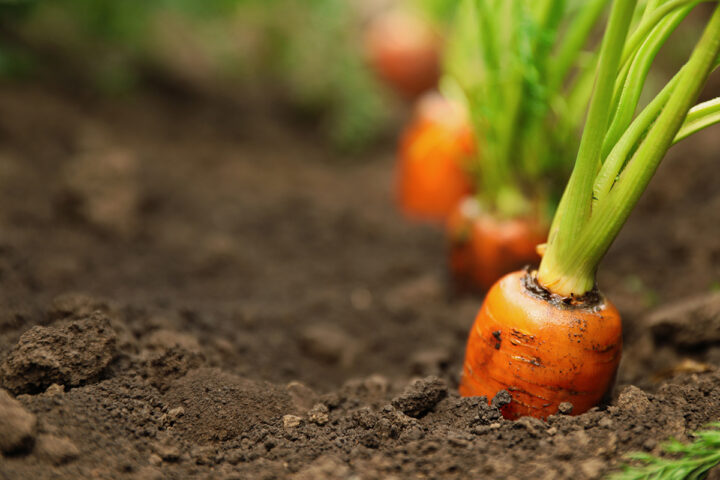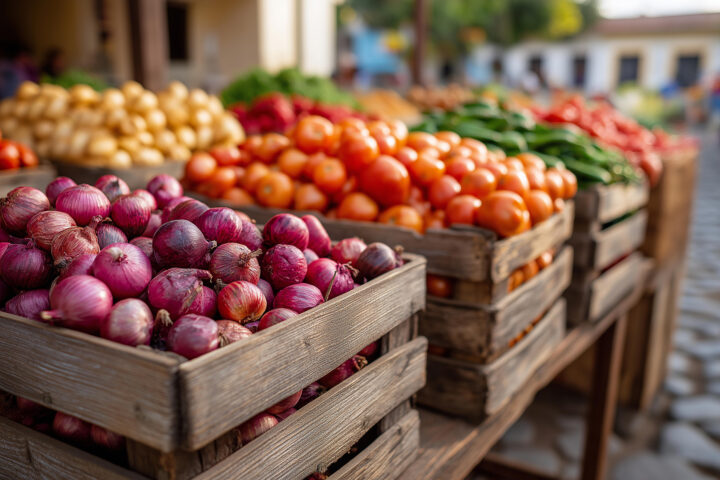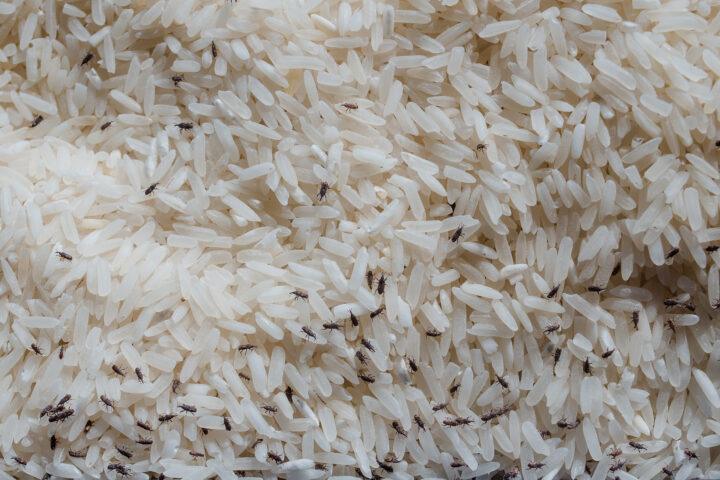
Synthetic corp protection products
All corp protection products that are produced by synthesis are also synthetic. Synthesis is the process by which a compound is produced from elements or a compounded new substance is produced from simply constructed compounds. Active substances that are produced synthetically can, however, be identical to nature in their effect.
Wednesday, October 23, 2019
The compounds produced in the laboratory therefore have the same molecular shape as the naturally occurring substances. On the other hand, compounds are also produced in the laboratory that do not occur in nature. The compound is produced by chemical synthesis. Whether a substance has been synthesised has nothing to do with its toxicity.
Two types of pesticides
- Corp protection products are usually «formulations». In addition to the active ingredients, corp protection products also contain additives so that they can be reliably applied to the field as stable solutions. There are two types of synthetic pesticides
- Synthetic corp protection products, which are nature-identical. The compounds produced in the laboratory have the same molecular structure as the naturally occurring substances.
Synthetic pesticides that are not nature-identical. These are compounds that do not occur in nature. One example from medicine is aspirin. Aspirin does not occur in nature. The compound is produced by chemical synthesis.
«Natura» vs. «synthetic»
In practice, it is almost impossible to categorise corp protection products into «synthetic» and «non-synthetic» or «natural». Only very few active ingredients are extracted directly from nature nowadays. Even the plant protection products authorised for organic farming (FiBL list) are produced using modern industrial processes. Copper and sulphur are synthesised. Some of these products also contain adjuvants and additives that can also be considered «synthetic».
Good to know
Whether a pesticide has been produced synthetically or non-synthetically says nothing about the toxicity of the active ingredient. Natural substances can also be highly toxic. For example, the insecticide pyrethrum, which is permitted in organic farming, is extracted from the natural flowers of chrysanthemums and kills bees if they come into direct contact with it.
The synthetic production of plant protection products offers many advantages. You can find out more here.
Related articles

"Natural is healthy, chemicals are toxic."
Everything that occurs in nature is healthy and synthetically produced substances, i.e. "chemical" substances, are toxic. This myth is fundamentally wrong: There are many highly toxic substances in nature, and at the same time there are many synthetic substances that are absolutely harmless.

Farmers demonstrate against pesticide bans
French farmers have called for a large demonstration. Between February 8 and 20, 2023, farmers will drive their tractors into the heart of Paris to protest against the gradual decline in French agricultural production. The farmers have an ever-decreasing number of pesticides at their disposal to protect their crops.

Why cutting out synthetic pesticides will reduce food production
The UK’s action plan to reduce pesticide use could backfire, warns agronomist Greg Dawson: overly strict regulations may make domestic farming unprofitable – and increase the United Kingdom’s dependence on imports.

Approval studies for plant protection products are science-based
The approval of plant protection products in Switzerland is subject to strict legal requirements. Ultimately, this approval process is based on scientifically sound studies. These studies are financed by manufacturers, but they must comply with clearly defined governmental requirements and controls. The aim is to ensure reliability and independence.

Grain beetle eats its way through Swiss grain stores
The grain beetle is spreading in Swiss grain stores. Introduced via international trade, it threatens harvests and impairs food quality.

New problem: soft bugs, native pests discover fruit and vegetables
Soft bugs are spreading at lightning speed in fields and greenhouses in southern Germany. These pests are destroying fruit and vegetables and pushing agriculture to its limits. Effective plant protection products must be found urgently to safeguard harvests.

